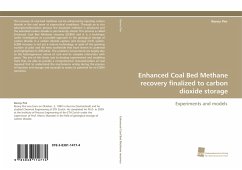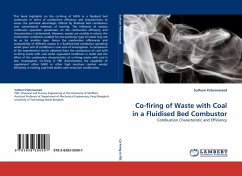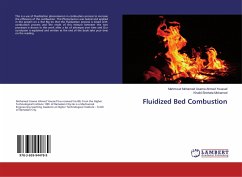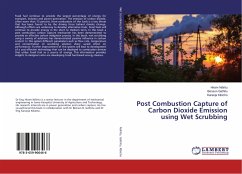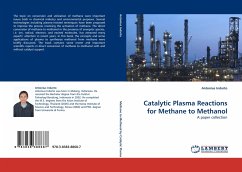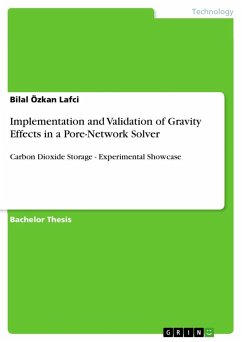The recovery of coal bed methane can be enhanced by injecting carbon dioxide in the coal seam at supercritical conditions. Through an in situ adsorption/desorption process the displaced methane is produced and the adsorbed carbon dioxide is permanently stored. This process is called Enhanced Coal Bed Methane recovery (ECBM) and it is a technique under investigation as a possible approach to the geological storage of carbon dioxide in a carbon dioxide capture and storage (CCS) system. ECBM recovery is not yet a mature technology, in spite of the growing number of pilot and eld tests worldwide that have shown its potential and highlighted its diffculties. The problems encountered are largely due to the heterogeneous nature of coal and its complex interaction with gases. The aim of this thesis was to develop experimental and modeling tools that are able to provide a comprehensive characterization of coal required first to understand the mechanisms acting during the process of injection and storage and secondly to assess its potential for an ECBM operation.

